
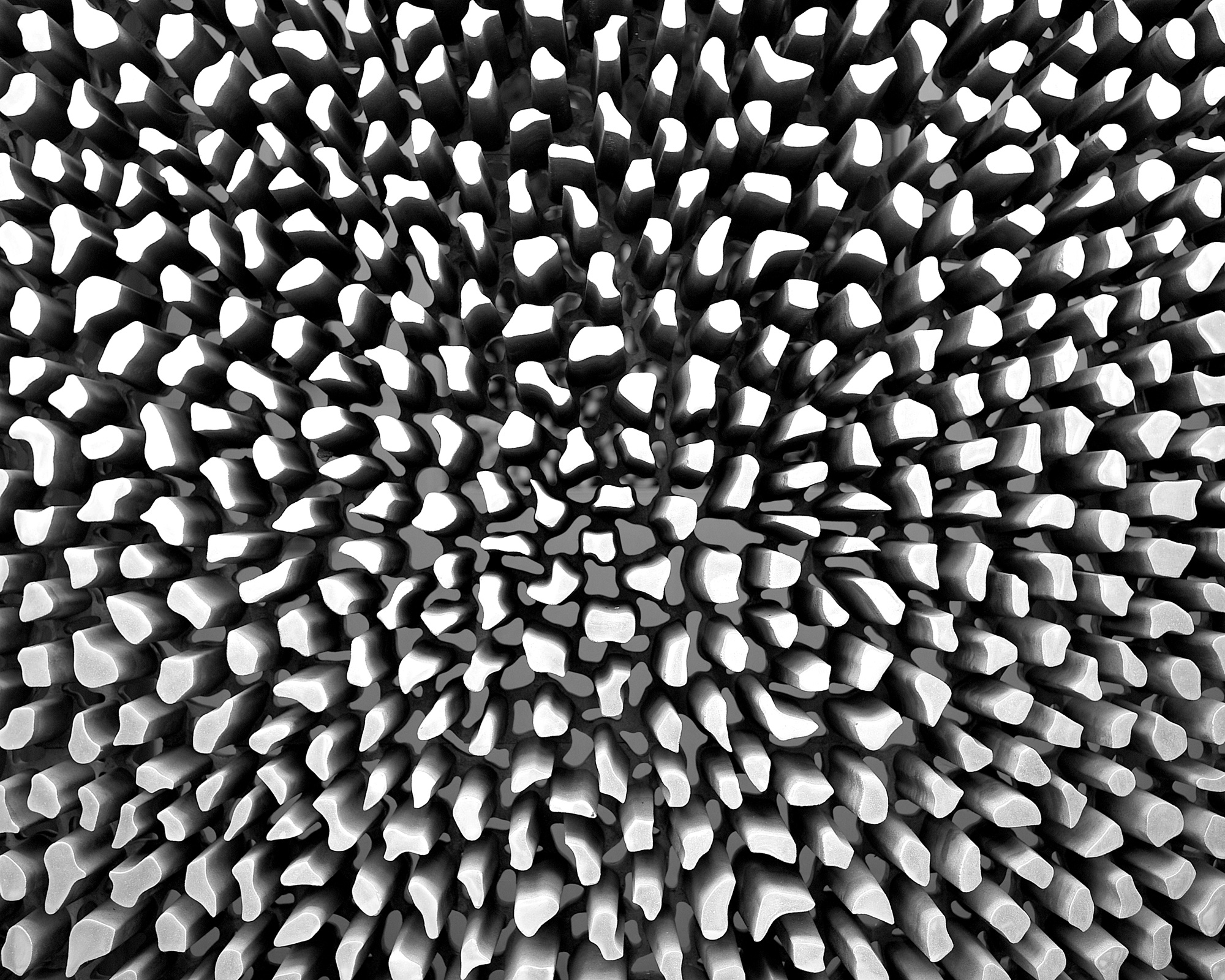
Inside Out
Marylebone - London

Tubular Shadows
Fitzroy Square - London
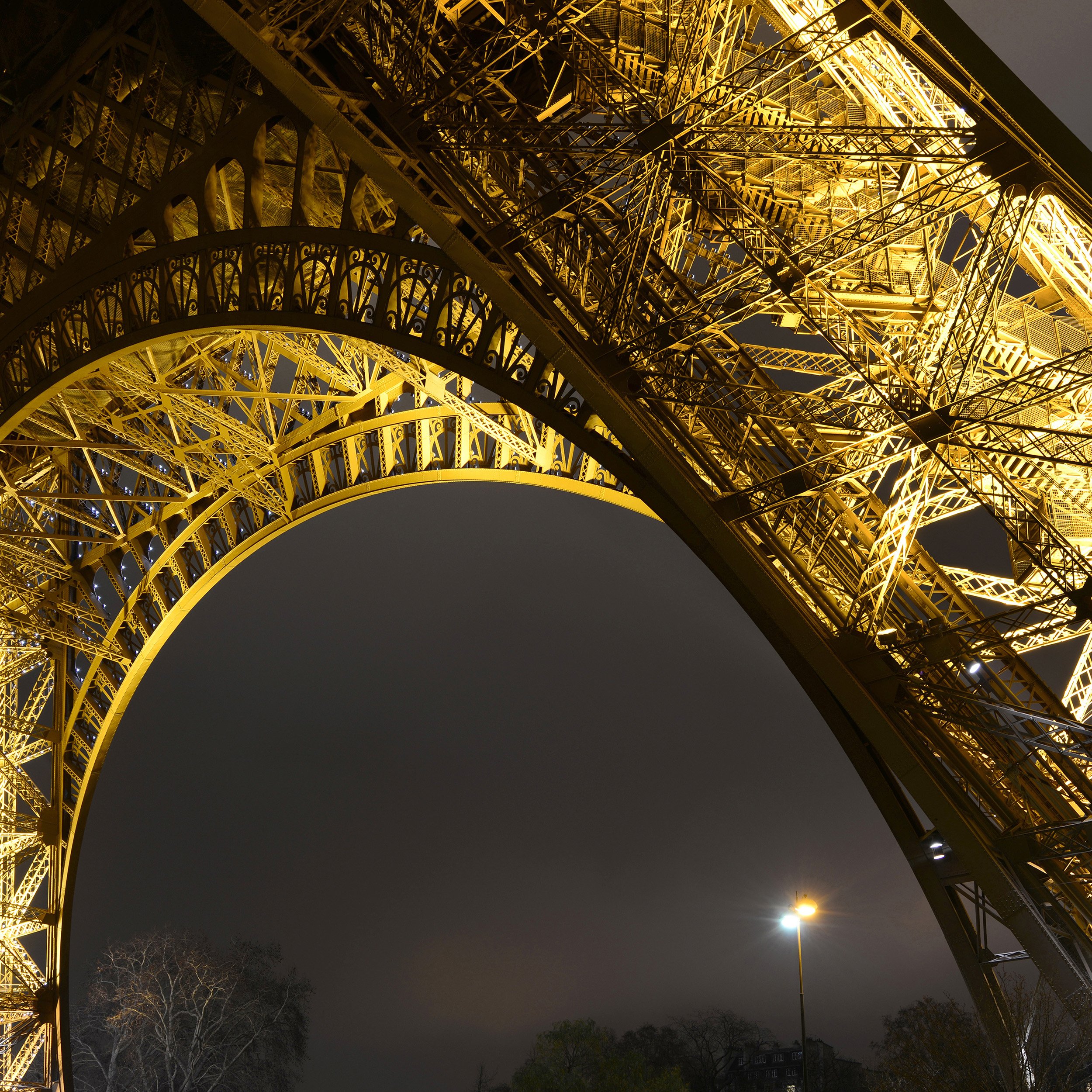


Shadow Louvres
6 More London - London


Louvre Dance 2
Cancer Research Centre - London




Working Late
Hong Kong


Parallel Angles
More London - London

Reflectance
6 More London - London


Curvature
Zaha Hadid - London
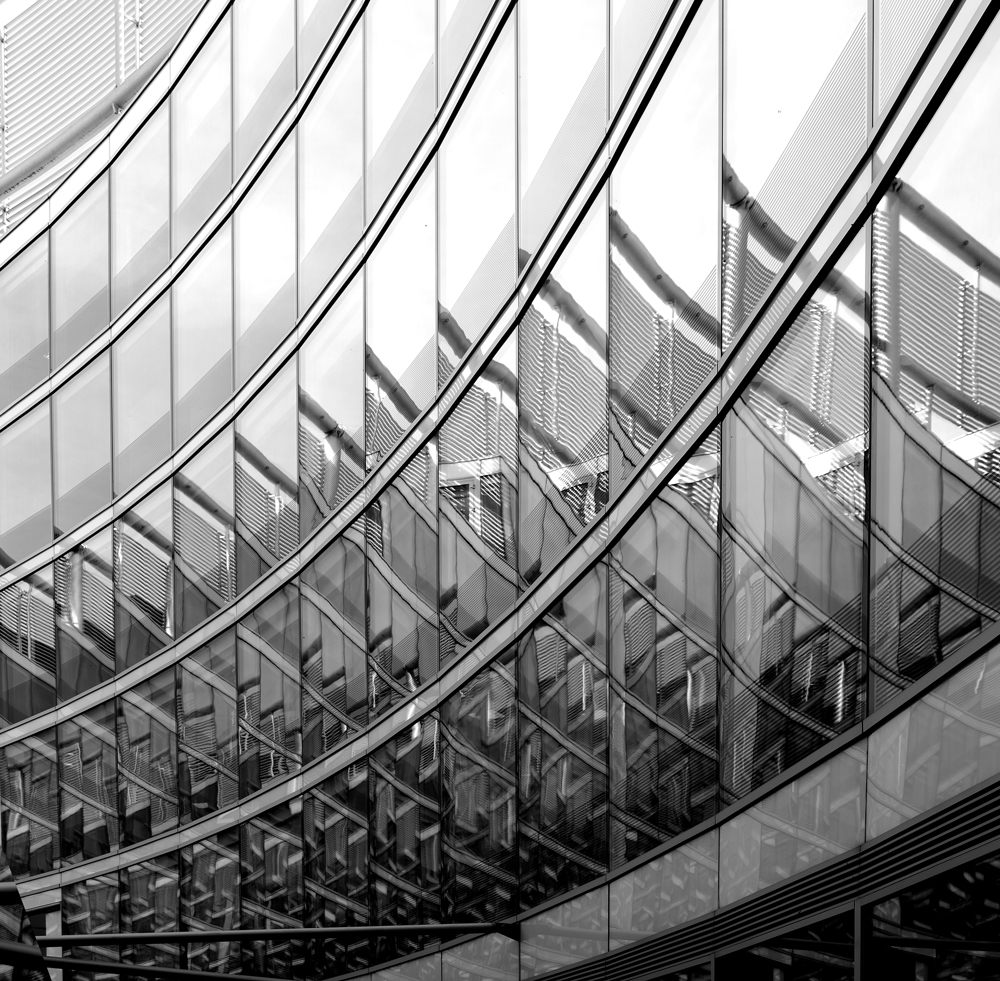
Mirrored Facination
Pilsudski Square - Warsaw

Leaning Light
The Design Centre - London

Diagonal Illuminance
The Design Centre - London

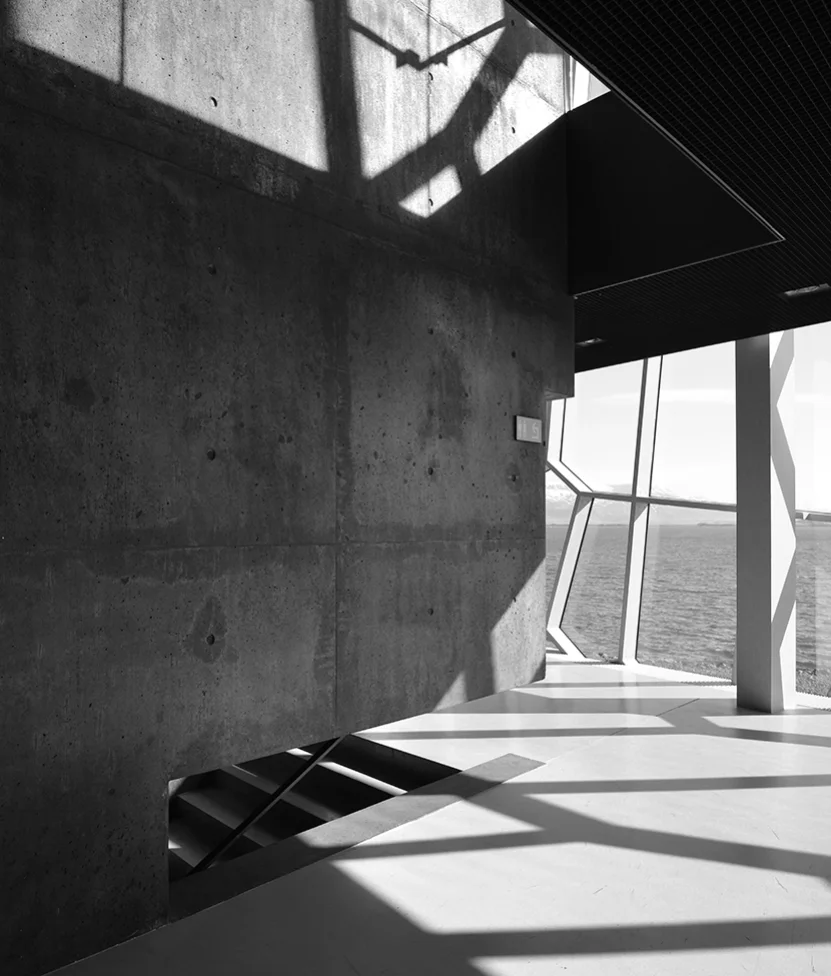
Shadow Web
The Harper Concert Hall - Rekyavik

Tensioned Geometry
American Embassy - London
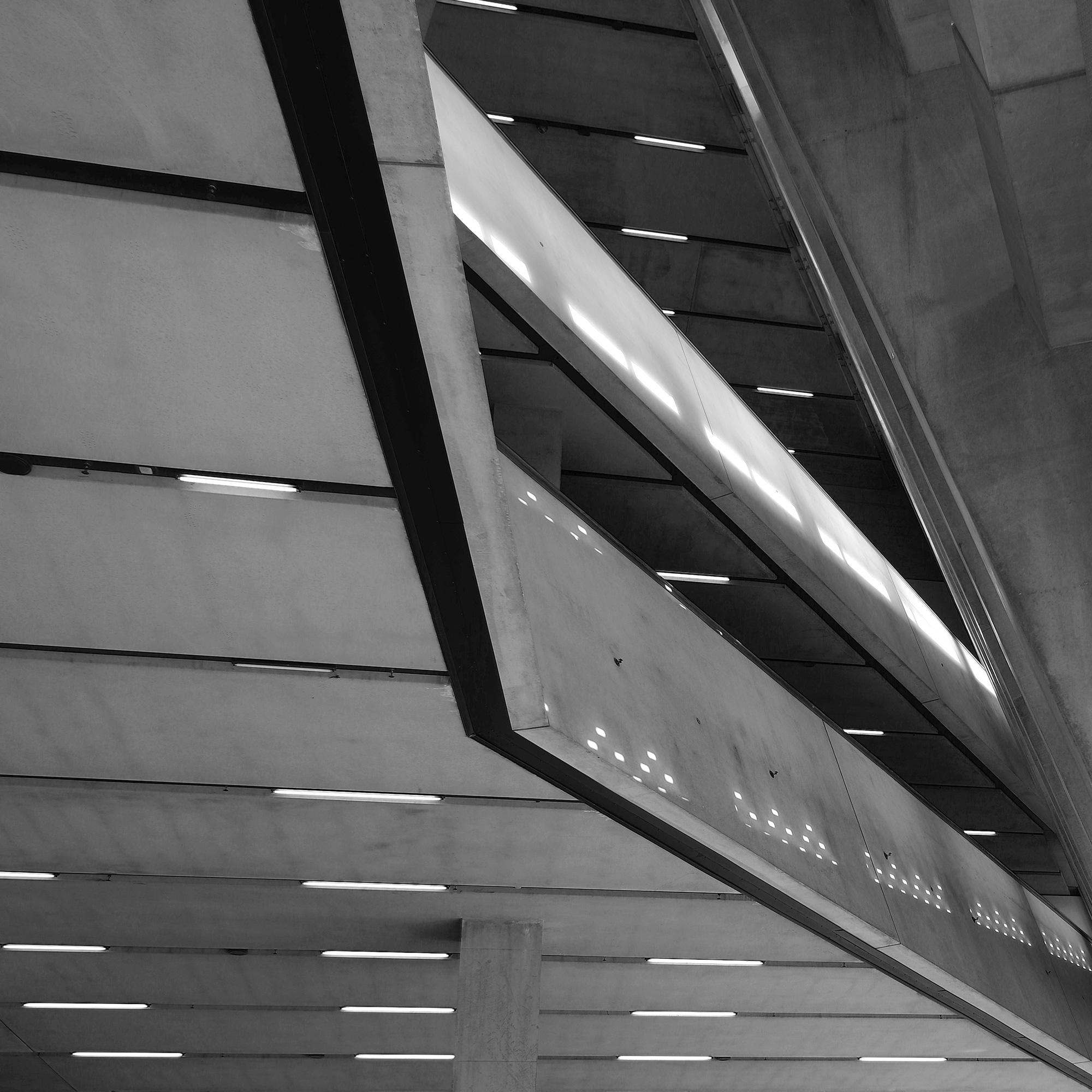
Scissors
Tate Modern - London

Honeycomb 1
Serpentine Pavilion 2017 - London

Honeycomb 2
Serpentine Pavilion 2017 - London

1
2
3
4
5
6
7
8
9
10
11
12
13
14
15
16
17
18
19
20
21
22
23
24
25
26
27
Previous
Next


























